Refrigerator that complies with Medical & Laboratory Standards
Every Medical and Lab facility requires a cold storage system, otherwise known as Laboratory Refrigerator to store critical samples at precisely controlled temperatures. Thus, maintaining the stability of preserving crucial samples and serums. Medical samples such as medication, vaccines, blood bags, or organs for transplant are temperature sensitive and thus require the need for Laboratory Refrigerator and Blood Bank Refrigerator. These Refrigerators are installed with the latest technologies and specially designed equipment for lab purposes.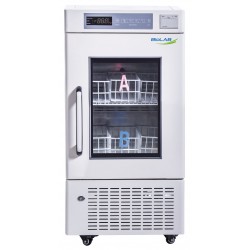
In addition to temperature options, Refrigerators come in different unit sizes along with different storage configurations such as locking mechanisms, controller, glass door, and alarm system. Domestic or Commercial-scale Refrigerators are not recommended for use in Medical or Lab facilities as they lack the ability to maintain strict temperature control. Also, it fails to recover the rapid temperature due to doors being opened to place or retrieve samples.
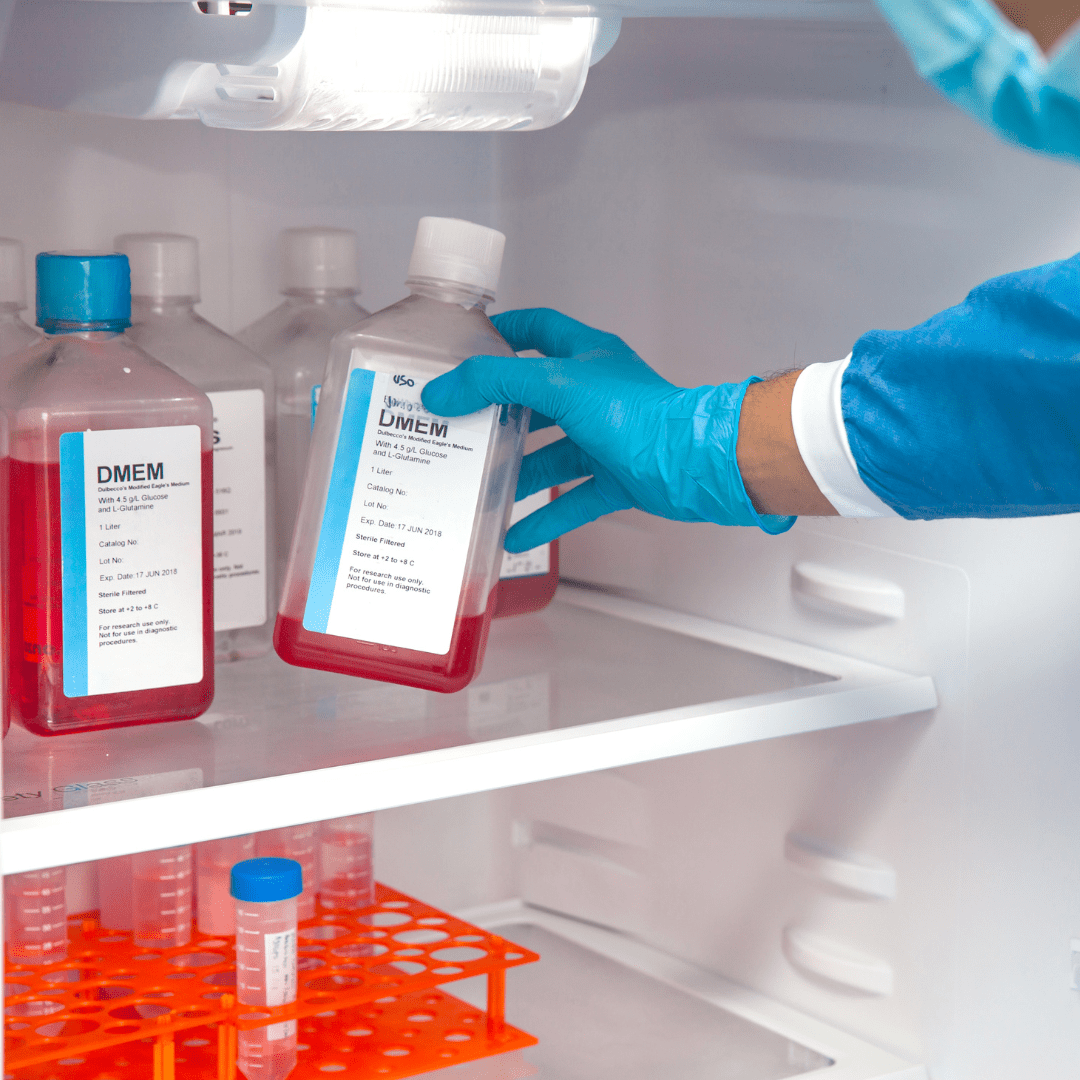
Several factors are considered when purchasing Laboratory Refrigerator for clinical, research, or laboratory use. For example, storing temperature-sensitive samples such as Vaccines in defrost cycles can damage the samples. Selecting the right unit to store medical supplies at a specified temperature is essential. Laboratory Refrigerators is expensive than Domestic or Commercial refrigerators, but the cost of sample degradation due to invalid temperature storage is far more expensive. This guide will highlight the importance of having a laboratory refrigerator in your lab facility.
Preserve Sensitive Materials with Laboratory Refrigerator
A Laboratory Refrigerator's most important feature is maintaining a more consistent and precise temperature. The slightest temperature fluctuation can damage the stability of the sample, therefore it’s important to invest in a standard and certified Laboratory Refrigerator. Laboratory Refrigerator increases the lifespan of samples and supplies thus enhancing the accuracy of experiments and test. It provides a complete monitoring historical record of the temperature at which the sample is stored.
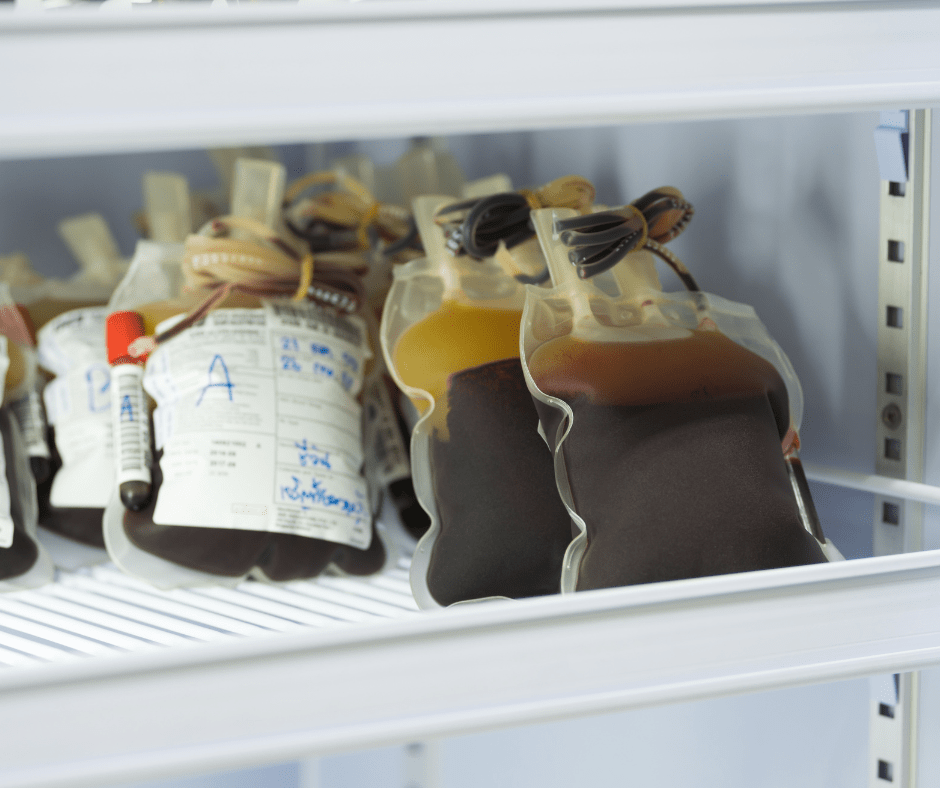
Laboratory Refrigerator Slows the Bacteria Growth in samples
Bacteria grow more rapidly in the temperature range of 40°-140°C. The external factors and humidity contaminate the samples causing bacterial growth. Therefore, Laboratory Refrigerator is required to store and preserve the sample at the required temperature. A cold temperature disables bacteria to work against any form of contamination. These contaminations can skew experiments resulting in safety hazards. Laboratory Refrigerators can help avoid such contamination by reaching consistent, low temperatures, which can significantly slow the growth of bacteria.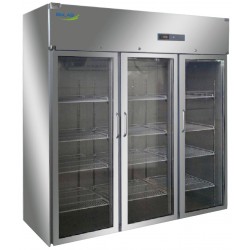
However, to prevent bacterial growth Ultra Low-Temperature Freezer is used as the temperature can go down to -86°C. The lower temperature generated by Ultra Low-Temperature Freezer substantially reduces chemical reactions within the culture. Thus, keeping the culture/sample storage for up to 15 years without significant loss of viability.
| Approximate time Bacterial Cultures remain viable in different Storage Conditions | ||
| Storage | Temp(°C) | Time(approx.) |
| Blood Bank Refrigerator | -4°C | 4-6 weeks |
| Laboratory Refrigerator | -2°C | 3 weeks- 1 year |
| General Purpose Freezer | -25°C | 1-3 years |
| ULT Freezer | -86°C | 4-10 years |
| Cryogenic freezer | -150°C | 15 years+ |
Security & Alarming Systems
Laboratory refrigerators are equipped with enhanced security and alarm systems that have the ability to monitor temperature fluctuations. Open Door Alarms alert staff when doors are open for more than a specified second. Also, some Lab refrigerators units have digital locks and keypads, which prevent unauthorized access to samples and medications. The system also alerts if the storage is overstocked in the unit. This specification enables to secure the preservation of samples from being contaminated. By quickly supervising potential problems, laboratory refrigerators can help reduce sample loss and material waste due to improper storage conditions.Maintenance
Certain Conditions such as heavy loads, compressor failure, power fluctuations, harsh environments, and improper maintenance can cause Laboratory Refrigerators not to work long as they could otherwise. Therefore, taking certain steps ensures the long productivity of Laboratory Refrigerator or freezers .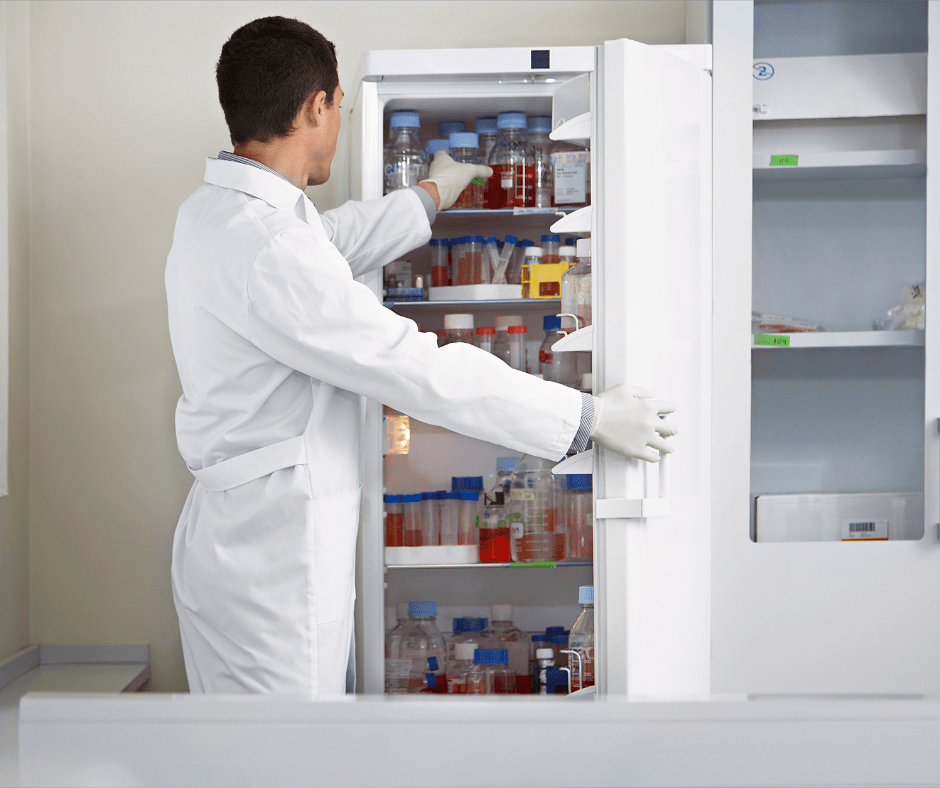
• Limit opening and closing the door duration unnecessarily or frequently
• Maintain an environment that’s cool and not too humid.
• Select a temperate, well-ventilated room with a low foot-traffic space to place the lab refrigerator unit.
• Keep 4 to 5 inches of space around its vents to ensure better air circulation.
• Keep the machine and surrounding area clean by discarding unnecessary samples and expired reagents.
• Clean the areas around the condenser coils and compressor at least twice annually or more if the system is facilitated in dust-prone environments
• Remove dust or debris from intake and coils and replace worn-out gaskets when necessary
• Perform full manual defrosts when necessary to avoid system failure.
• Unplug unneeded freezer units to save energy
Keeping up with regular maintenance of the Laboratory Refrigerator or freezer ensure it runs efficiently for as long as possible.
Find the right Laboratory Refrigerator for your Medical & Laboratory facility. Click here for exciting combo offers for Laboratory refrigerators and Freezer units.
You May Also Like














